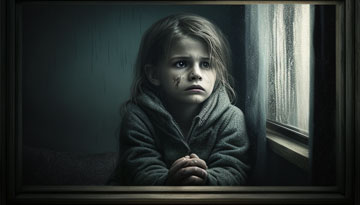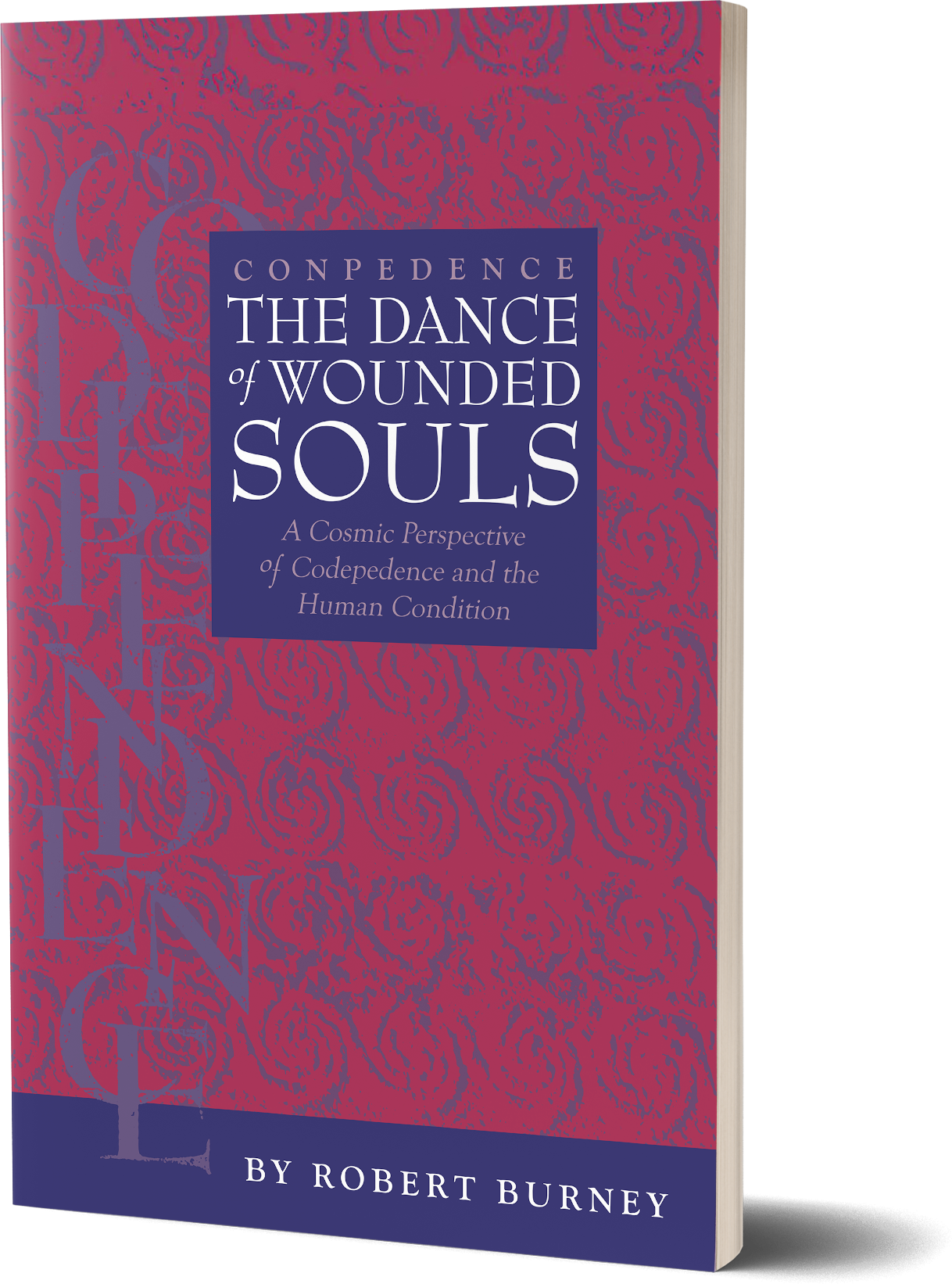
As long as we did not know we had a choice we did not have one.
If we never knew how to say "no," then we never really said "yes."
We were powerless to do anything any different than we did it. We were doing the best we knew how with the tools that we had. None of us had the power to write a different script for our lives.
We need to grieve for the past. For the ways in which we abandoned and abused ourselves. For the ways we deprived ourselves. We need to own that sadness. But we also need to stop blaming ourselves for it. It was not our fault!
We did not have the power to do it any differently.
As long as we are holding onto the guilt and feeling ashamed, it means that on some level we think we had the power. We think that if we would have just done it a little differently, if we had just done it "right," if we could have just said the "right' thing, then we could have controlled it and had it come out the way we wanted.
The part of you that is telling you that is your disease."
Codependence: The Dance of Wounded Souls
Since I finished my series of articles on inner child healing here on Suite 101 last month, I have been wondering what my next article would focus on. As is often the case with my writing, I get stimulated to focus on a particular topic, on a facet of the condition of codependency or recovery, by a question I receive in an e-mail.
This particular article was sparked by a parent in anguish about their child's drug addiction, who was asking if they were responsible for their child becoming an addict. The simple answer to that question is no. There are however, many other levels to both this question and the answer.
The question itself is a manifestation of codependency, as the quote above from my book illustrates. Parents have responsibility in how their children were wounded by their codependent behavior patterns - but they are not to blame because the parents were powerless over their codependency. In recovery it is very important to take responsibility while also learning to stop giving power to the polarized blame and shame of the disease. Therein lies a tale.
So, it looks like I may be off and running with a new series of articles here. I am not even sure right now what to call this series, but it is going to start off with the simple answer to the parent who wants to know if her child's drug addiction were something she caused. It will then expand into looking at parental roles, dysfunctional families, toxic codependent love, and whatever else comes up - and focus on applying twelve step Spiritual principles in recovery in order to learn how to relate in healthier and more Loving ways to both our self and others, to both our parents and our children.
Parents do not cause their children to become alcoholics - or drug addicts.
Alcoholism / addiction is not caused by environmental factors. It is a physiological, genetic allergy - a hereditary predisposition involving brain chemistry. There is now ample scientific proof, research data, to support the premise that made Alcoholics Anonymous the first successful approach to dealing with alcoholism. Alcoholism is a disease. Drug Addiction, in the great majority of cases, is just a form of alcoholism. (It is possible for someone who was not born with a genetic predisposition to alcoholism to become physiologically and psychologically addicted to drugs - in reaction to chronic physical pain for instance, or to a dysfunctional psychiatric community's pattern of treating the symptoms of emotional wounding with addictive drugs instead of healing the cause.)
Someone does not become an alcoholic / addict because they were raised in a dysfunctional family. Alcoholism is not caused by emotional wounds. It also has nothing to do with will power or strength of character or morality. It does not have anything to do with intelligence.
Many people drink heavily or experiment with drugs in their teens and early twenties. The ones who have a genetic predisposition make alcohol and/or drugs their primary coping mechanism - the ones that do not find other ways of coping and going unconscious. People who become alcoholics are not as a rule more wounded than people that do not - they just have a genetic vulnerability.
All of us adapted codependent defense systems to protect us from the toxic shame we felt in early childhood - to help us survive in the dysfunctional environments we grew up in. The primary environment was of course our family of origin. But we were also emotionally traumatized in the schools we attended, in churches, in social interactions with other wounded human beings. We were exposed to dysfunctional messages from society in general, through books and movies, television and music, etc.
We all learned ways to cope with the pain of being human in societies that taught us it was shameful to be human. We all had to adapt defense systems that would help us disassociate - go unconscious to - the emotional pain we experienced growing up in emotionally dishonest, Spiritually hostile environments. (Spiritually hostile in my definition because civilization is founded upon belief in separation, shame about being human, and fear of differences instead of connection and Love.)
A parent does not cause a child to become alcoholic or drug addicted. The emotional wounds provide reasons to drink and use, are the fuel that drives an alcoholic/addict's behavior, but are not the cause of the disease.
We were all raised in dysfunctional families - because society / civilization is emotionally dishonest and dysfunctional. We were all wounded in our childhood, because our parents were wounded in their childhood - and when we became parents we wounded our children.
You did not cause your child's addiction. Your behaviors did wound your child because you did not love your self in a healthy way and were not given the tools, knowledge, and role modeling to teach you how to be a healthy person - let alone a healthy parent. You were wounded in your childhood, you were doing the best you knew how to do as a parent, it is not your fault that you were powerless to do it any differently. You do have some responsibility in your child's wounding, but you are not to blame. To give power to the blaming guilt and shame of the disease will in fact, set you up to continue to be unhealthy in your relationship with your child. The best thing you can do for your child is to learn how to Love yourself - is to focus on recovering from your codependency.

